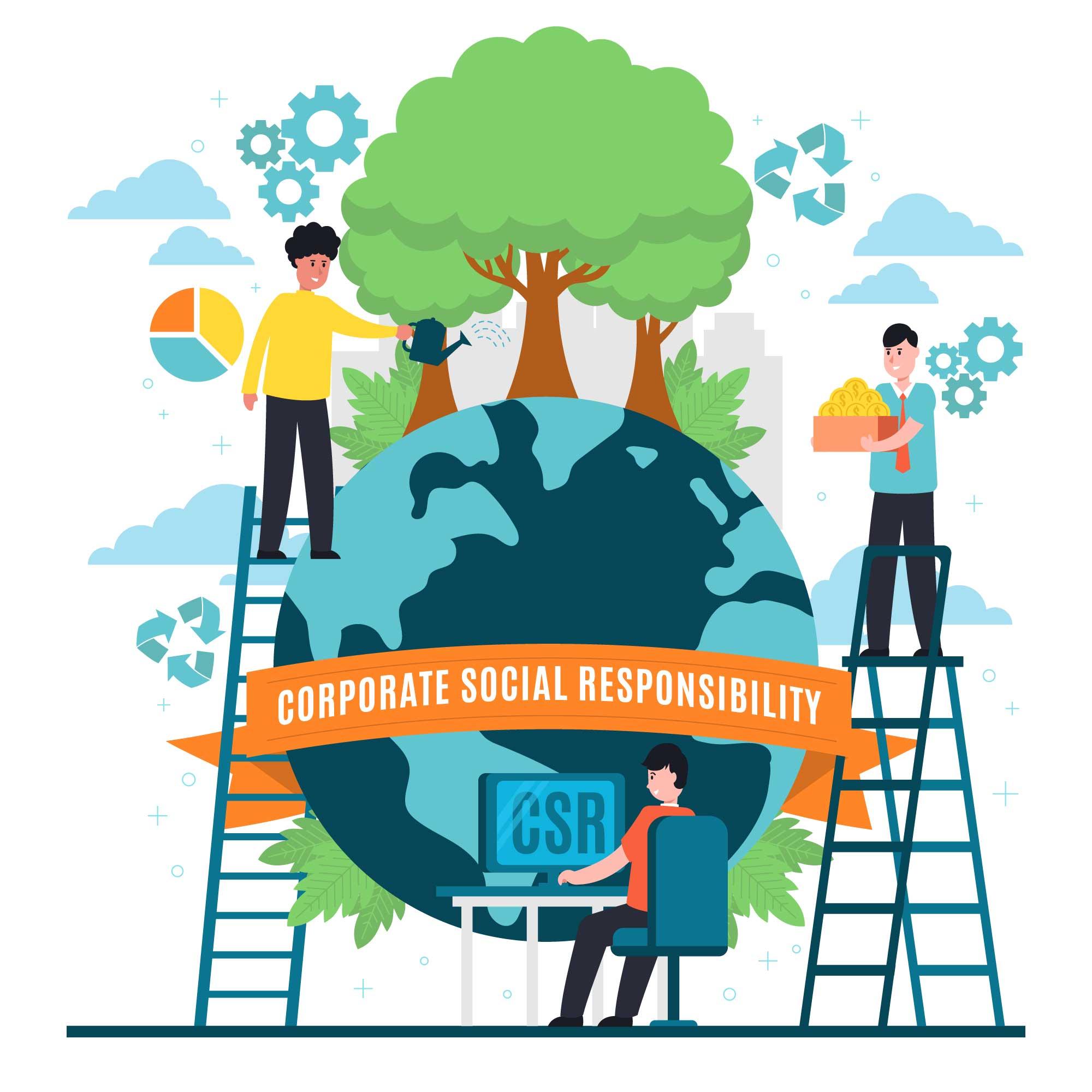- Home >
- Our Ideas
4 Metrics to Measure and Boost CSR Impact in 2025

Picture this: A small village struggling with water scarcity receives a ₹10-crore CSR project aimed at building reservoirs. The company announces the initiative with much fanfare, media outlets praise it, and the project wins awards. But months later, the reservoirs remain unused due to poor community engagement. The company’s intent was noble, but the outcome? Disappointing.
This scenario is all too common in the world of CSR. Good intentions often falter without proper planning and impact measurement. As we enter 2025, the question isn’t how much you’ve spent—it’s what you’ve changed. Did your initiative empower communities, solve problems, or create lasting value? Let’s explore key metrics to evaluate the Impact assessment of CSR projects.
When a company distributes 1 lakh meals, it’s impressive, no doubt. But did it help in improving nutrition levels? Tracking outcomes, not just outputs, is critical.
For instance, let’s take a hypothetical CSR initiative: A company funds a women’s skill development program in rural areas. The output? 5,000 women trained. The outcome? Only 800 found sustainable livelihoods. In 2025, the focus must shift to the latter. Metrics like improved income levels or reduction in unemployment rates give a clearer picture of CSR Impact Assessment.
Lesson: Outputs tell you “what,” outcomes tell you “so what?”
Imagine investing ₹1 crore in a clean water project and then finding out it saved ₹5 crore in health costs for the community. That’s SROI in action- a framework to calculate the social value your investments create. In simpler terms, think of it as a return-on-investment tracker for your CSR. Companies like Hindustan Unilever have used similar approaches. Their “Swachh Aadat, Swachh Bharat” campaign didn’t just distribute soaps but measured the reduced incidence of diseases in the target regions.
SROI connects spending with real-world change, showing how every rupee invested brings tangible benefits, turning your CSR efforts into impactful stories. You can learn more about SROI here.
Remember the saying, “Don’t run east looking for a sunset”? CSR strategies often fail because they chase mismatched goals. For instance, if your company is working toward gender equality but spends most CSR funds on generic education programs, there’s a disconnect.
Set clear goals upfront. For example, if you aim to empower women entrepreneurs, fund projects that provide mentorship, capital, and market access. A company like TATA has excelled by aligning CSR goals with its business values, such as skill development initiatives for underprivileged youth that also boost employability.
Pro tip: Periodically revisit your goals. Social needs evolve, and so should your CSR priorities. A robust CSR monitoring and evaluation framework will help track your progress and adjust strategies accordingly
Reliable, high-quality data is the backbone of any CSR Impact Assessment. Unfortunately, many organizations fail to track the data directly correlating to their CSR activities’ real impact. This gap can result in misleading conclusions, where projects appear successful based on faulty or incomplete data.
Focus on collecting accurate, consistent, and relevant data. Use digital tools where possible. For instance, mobile apps can track real-time participation in a skill training program. But don’t just stop at gathering data; analyze it deeply.
A good example is Infosys, which uses advanced analytics to monitor and improve its CSR programs. They don’t just collect data- they interpret it to understand trends, predict outcomes, and refine strategies.
CSR isn’t just about doing good- it’s about doing what matters. It’s an opportunity to build a society that thrives alongside your business. In 2025, don’t just aim to tick compliance boxes. Aim to tell stories that inspire, create impact, and leave a legacy.
At SoulAce, we understand the challenges of measuring CSR impact in India’s unique socio-economic landscape. Our expert-led impact assessment team ensures your programs don’t just look good on paper but also create real, measurable change. Our Grant Management Platform helps organizations to seamlessly plan, execute, and assess your CSR projects. Contact nachiket@soulace.in now!